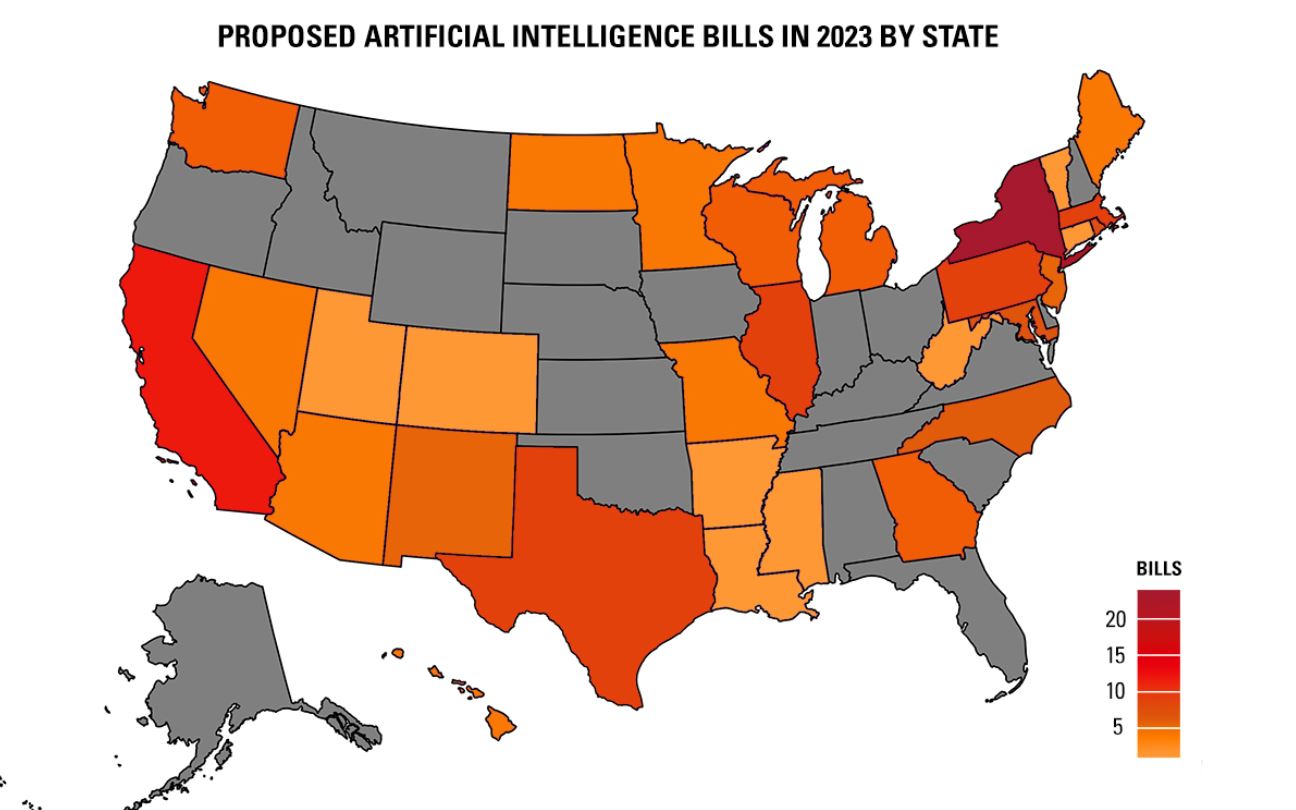 There’s a growing buzz around artificial intelligence, and you might be wondering how it’s being managed at a state level here in the U.S. Well, several states are diving into the world of AI governance, each taking steps to ensure this tech is integrated thoughtfully and responsibly. Let’s take a closer look at what Illinois, West Virginia, and Alaska are up to.
There’s a growing buzz around artificial intelligence, and you might be wondering how it’s being managed at a state level here in the U.S. Well, several states are diving into the world of AI governance, each taking steps to ensure this tech is integrated thoughtfully and responsibly. Let’s take a closer look at what Illinois, West Virginia, and Alaska are up to.
First up, Alaska is making waves with House Concurrent Resolution No. 3. This proposal is all about setting up a Joint Legislative Task Force on Artificial Intelligence. The idea? To dig into AI’s potential across different sectors like data management and public services while keeping an eye on ethical and legal issues. They’re aiming to have some solid policy recommendations ready by early 2026. It’s a proactive move that could really set the tone for how AI is used in the state.
Meanwhile, Illinois is working on formalizing its existing Generative AI and Natural Language Processing Task Force through House Bill 3646. This bill is designed to give the task force the flexibility to meet as needed and keep state leaders informed with regular reports on AI software investigations. It’s already passed the House Cybersecurity, Data Analytics and IT Committee, so it’s well on its way to becoming a reality.
West Virginia is also in the game with House Bill 3187. This bill seeks to extend the state AI task force’s mandate until 2027 and expand its focus to include AI-related economic opportunities. It’s already cleared the House and is now with the state Senate Economic Development Committee. They’re clearly looking to harness AI not just as a tool but as an economic driver.
These efforts across different states highlight a keen awareness of AI’s transformative power. By setting up these governance structures, states are ensuring AI is integrated into government services in a way that’s responsible and considerate of privacy, security, and workforce impacts. It’s about being prepared for the future while addressing today’s challenges.








